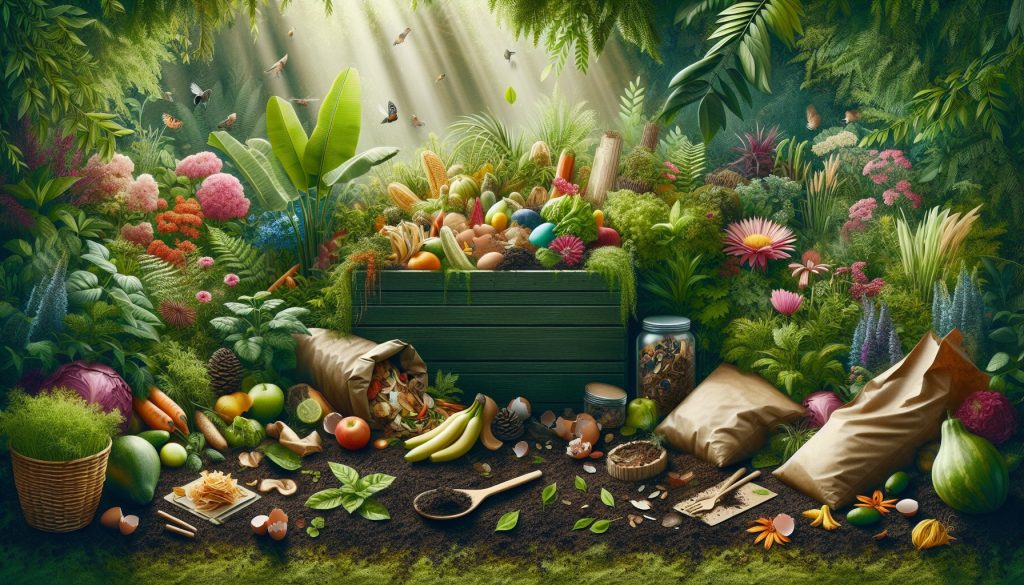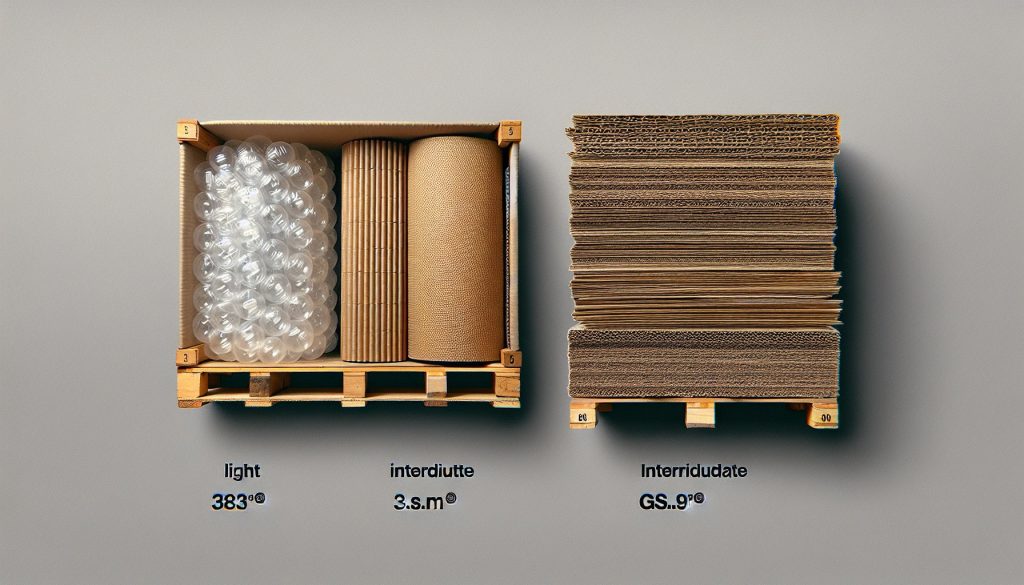In the growing effort to reduce environmental impact, terms like “biodegradable” and “compostable” are often used to describe eco-friendly products. While they are sometimes used interchangeably, there are distinct differences between these two terms. Understanding the basics and differences between biodegradable and compostable materials can help consumers make informed choices and contribute to a more sustainable future.
Basics of Biodegradable Materials
Biodegradable materials are substances that can be broken down by microorganisms, such as bacteria and fungi, into natural elements like water, carbon dioxide, and biomass. This process occurs naturally and can take place in various environments, including soil and water. Biodegradable materials can be derived from plant-based or petroleum-based sources, and the rate at which they decompose can vary significantly depending on environmental conditions and the material’s composition.
Basics of Compostable Materials
Compostable materials are a subset of biodegradable materials, but with more specific requirements. Compostable items break down into non-toxic components that contribute to nutrient-rich compost when placed in a composting environment. This process is facilitated by a controlled environment with specific conditions of temperature, humidity, and microbial activity, typically found in industrial composting facilities or well-managed home composting systems.
To be labeled as compostable, a product must meet certain standards, such as those established by organizations like ASTM International or the European EN 13432. These standards ensure that the material will break down within a specific timeframe (usually 90 days) and leave no toxic residues.
Key Differences Between Biodegradable and Compostable
- 1.Breakdown Process:
- ·Biodegradable: Can break down in various environments, but the process is often slower and less predictable. It does not require specific conditions to decompose.
- ·Compostable: Requires specific conditions found in composting environments. Decomposition is faster and results in nutrient-rich compost.
- 2.End Product:
- ·Biodegradable: Breaks down into basic elements, but may leave behind residues that are not beneficial and can sometimes be harmful to the environment.
- ·Compostable: Breaks down completely into non-toxic components that enrich the soil and support plant growth.
- 3.Standards and Certifications:
- ·Biodegradable: Less stringent requirements and no standardized timeframe for decomposition.
- ·Compostable: Must meet specific standards and certification criteria ensuring complete breakdown within a set period and under controlled conditions.
- 4.Environmental Impact:
- ·Biodegradable: While better than non-degradable materials, some biodegradable products may not break down completely or may produce methane if decomposing anaerobically in landfills.
- ·Compostable: Typically has a positive environmental impact by contributing to soil health and reducing waste through the production of compost.
Applications and Considerations
When choosing between biodegradable and compostable products, it’s important to consider the intended use and disposal method. Compostable products are ideal for settings where composting facilities are available, such as in communities with municipal composting programs or homes with compost bins. These products can contribute to a circular economy by turning waste into valuable compost.
Biodegradable products, while still preferable to non-degradable options, should be chosen with caution. It’s essential to verify the claims of biodegradability, as some products may not break down as effectively as advertised, especially in landfill conditions.
Conclusion
Understanding the difference between biodegradable and compostable materials is crucial for making environmentally responsible choices. While both types of materials offer benefits over traditional plastics and non-degradable options, compostable products provide a more sustainable solution by turning waste into beneficial compost. By choosing the right materials and supporting composting initiatives, consumers can play an active role in reducing environmental impact and promoting a healthier planet.
Whatsapp: https://wa.me/+8613570649762
Telegram: https://t.me/packagingcc


